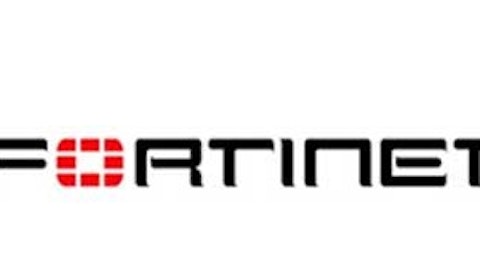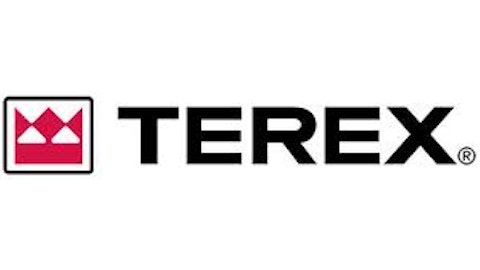Is Red Hat, Inc. (NYSE:RHT) a buy or a sell?
If you were to ask many investors, hedge funds are seen as delayed, old financial vehicles of a forgotten age. Although there are over 8,000 hedge funds trading currently, Insider Monkey focuses on the top tier of this club, around 525 funds. Analysts calculate that this group has its hands on most of the hedge fund industry’s total assets, and by tracking their best investments, we’ve determined a number of investment strategies that have historically outstripped the broader indices. Our small-cap hedge fund strategy outperformed the S&P 500 index by 18 percentage points per year for a decade in our back tests, and since we’ve began to sharing our picks with our subscribers at the end of August 2012, we have beaten the S&P 500 index by 33 percentage points in 11 months (find the details here).
Equally as useful, optimistic insider trading activity is a second way to look at the world of equities. There are a number of incentives for an upper level exec to downsize shares of his or her company, but just one, very clear reason why they would initiate a purchase. Many academic studies have demonstrated the impressive potential of this method if you know what to do (learn more here).
Keeping this in mind, let’s analyze the latest info for Red Hat, Inc. (NYSE:RHT).
How are hedge funds trading Red Hat, Inc. (NYSE:RHT)?
In preparation for the third quarter, a total of 30 of the hedge funds we track held long positions in this stock, a change of -14% from one quarter earlier. With the smart money’s sentiment swirling, there exists an “upper tier” of notable hedge fund managers who were increasing their holdings significantly.

Because Red Hat, Inc. (NYSE:RHT) has experienced dropping sentiment from the smart money’s best and brightest, logic holds that there were a few hedgies that elected to cut their positions entirely heading into Q2. Interestingly, Panayotis Sparaggis’s Alkeon Capital Management cut the biggest investment of the “upper crust” of funds we watch, valued at an estimated $114.2 million in call options., and Joe DiMenna of ZWEIG DIMENNA PARTNERS was right behind this move, as the fund said goodbye to about $55.6 million worth. These moves are intriguing to say the least, as total hedge fund interest dropped by 5 funds heading into Q2.
What do corporate executives and insiders think about Red Hat, Inc. (NYSE:RHT)?
Insider buying is most useful when the company we’re looking at has seen transactions within the past six months. Over the last six-month time period, Red Hat, Inc. (NYSE:RHT) has seen zero unique insiders buying, and 8 insider sales (see the details of insider trades here).
We’ll go over the relationship between both of these indicators in other stocks similar to Red Hat, Inc. (NYSE:RHT). These stocks are BMC Software, Inc. (NASDAQ:BMC), F5 Networks, Inc. (NASDAQ:FFIV), CA, Inc. (NASDAQ:CA), Catamaran Corp (USA) (NASDAQ:CTRX), and Workday Inc (NYSE:WDAY). All of these stocks are in the application software industry and their market caps match RHT’s market cap.





